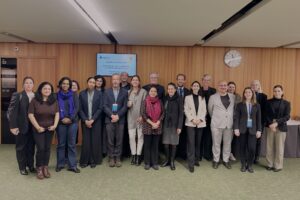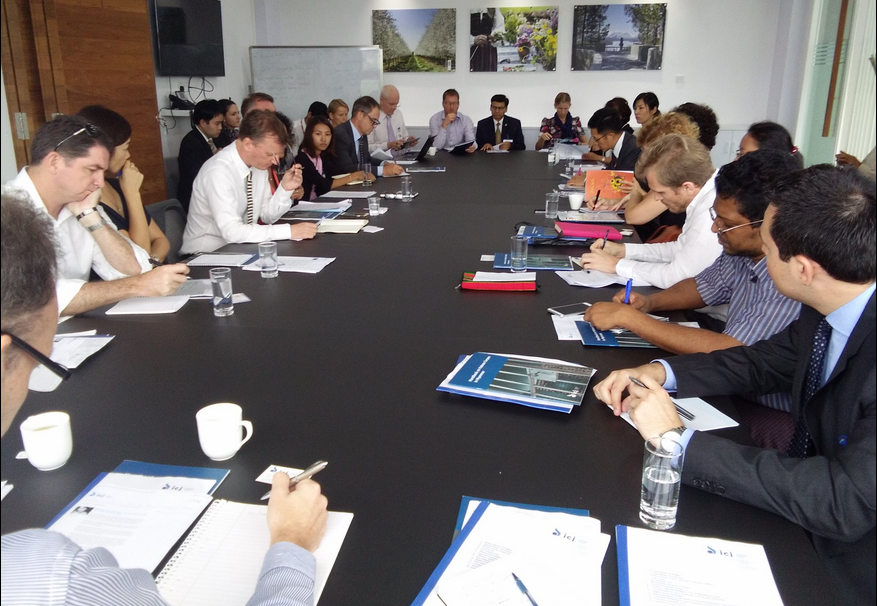
Jun 21, 2016 | News
The ICJ urged the diplomatic community in Myanmar to assist, and assess, the new government’s efforts to improve the protection and promotion of human rights in the country at a diplomatic dialogue today.
The ICJ shared its 14 General Recommendations to the new Government and Parliament, with ambassadors and high-level diplomatic representatives, and discussed specific, actionable recommendations to the Government to effectively address human rights violations immediately and in the long term and to provide redress to those whose rights have been violated.
Access to justice for victims of human rights violations has been severely curbed in Myanmar during decades of military rule.
Most of the population has been consistently denied access to the courts and effective remedies as a result of unfair and discriminatory laws and poor court decisions.
With an improper regulatory regime for investment and environmental protection, and an ineffective judiciary to enforce laws and provide access to justice, economic development has risked undermining human rights protection and negatively impacting on economic, social and cultural rights.
Vani Sathisan, ICJ’s International Legal Adviser for Myanmar, stated that while the new government is more receptive than its predecessor to international human rights laws and standards, it should urgently establish a clear plan on strengthening rule of law reform and that all legislation must be guided by the principles of non-discrimination, greater accountability, transparency and justice.
Among the key recommendations the ICJ shared are:
- Supporting the committing of resources to the judiciary as well as the Attorney General’s Office to improve the state of legal education, court facilities, and safeguards to prosecutors to undertake investigations independently;
- Pushing for the passage of new land laws in consultation with civil society modeled on international standards and best practices;
- Ensuring that a new investment law conforms to the new land law that protects all forms of land tenure and provides access to justice when human rights occur;
- Seeking more clarity on the Government’s ability to monitor and regulate the conduct of businesses and their impacts on human rights;
- Supporting and strengthening the capacity of the Myanmar National Human Rights Commission to undertake investigations on human rights violations independently and impartially;
- Repealing or amending laws that are abused to violate the right to freedom of expression and opinion; and
- Encouraging the Government to consult and engage more closely with civil society and the international human rights community.
The diplomatic dialogue aimed to provide the international human rights organizations with an opportunity to clarify their various policy guidelines and provide updates to assist the diplomatic community with their multilateral lobbying efforts in Myanmar with the Executive, Legislative and Judiciary, and civil society.
The Embassy of Denmark hosted the event. Members of the diplomatic community included those from the EU, UK, Canada, Denmark, Sweden, Finland, Australia, The Philippines and Bangladesh.
The ICJ was joined in a panel by the Office of the High Commissioner for Human Rights and Human Rights Watch.
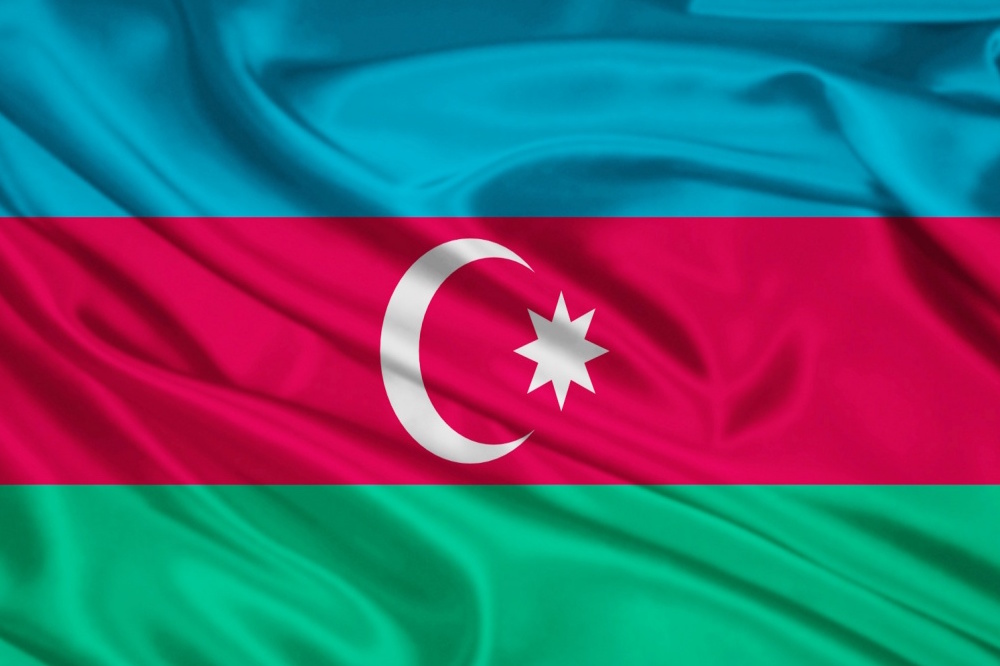
May 10, 2016 | News
The ICJ today expressed concern at the disbarment proceedings against lawyer Muzaffar Bakhishov that are taking place before the Narimanov district court.
The ICJ calls for the disbarment proceedings to respect international standards on the role of lawyers and to ensure that no sanction is imposed contrary to the right to freedom of expression, as guaranteed under international law.
The ICJ understands that the proceedings against Mr Bakhishov, following a recommendation for disbarment by the Plenum of the Bar Association, are related to critical statements he made in a media interview with the news website moderator.az on the functioning of the Azeri judiciary with regard to judicial review of detention.
In the interview, he criticized the arrests of large number of persons by officers of the Ministry of National Security and the tendency of judges to approve orders of detention without proper scrutiny. He further raised concerns about lack of accountability of judges for failure to protect against arbitrary detention.
Under international law and standards, lawyers, like other individuals, enjoy the right to freedom of expression, including in regard to their professional role. Protection of lawyers’ right to freedom of expression is not only important to the individuals in question. It also serves to safeguard the important public function played by lawyers in a democratic society to comment on matters related to the rule of law and the administration of justice. Lawyers must be able to carry out these and their other professional functions without interference or intimidation.
The right to freedom of expression is protected in international human rights law, including by article 19 of the International Covenant on Civil and Political Rights (ICCPR) and article 10 of the European Convention on Human Rights (ECHR). Azerbaijan is party to both of these treaties.
The UN Basic Principles on the Role of Lawyers specify that lawyers “…shall have the right to take part in public discussion of matters concerning the law, the administration of justice and the promotion and protection of human rights …” The European Court of Human Rights has emphasized that lawyers are entitled to comment in public on the administration of justice, provided that their criticism does not overstep certain bounds, based on principles of dignity, honour, integrity, and respect for the fair administration of justice.
The ICJ considers that disciplinary proceedings against lawyers, solely for expressing criticism of the conduct or functioning of the judiciary, whether in the course of court hearings or elsewhere, constitute an unjustified interference with freedom of expression. As the European Court of Human Rights has noted in Maurice v. France, this is particularly the case where the allegations have been presented in good faith and are substantiated by evidence.
Azerbaijan-BakhishovDisbarment-Statement-2016-AZE (download statement in Azeri)
Contact:
Massimo Frigo, Legal Adviser of the ICJ Europe Programme, t: +41 22 9793805, e-mail: massimo.frigo(a)icj.org
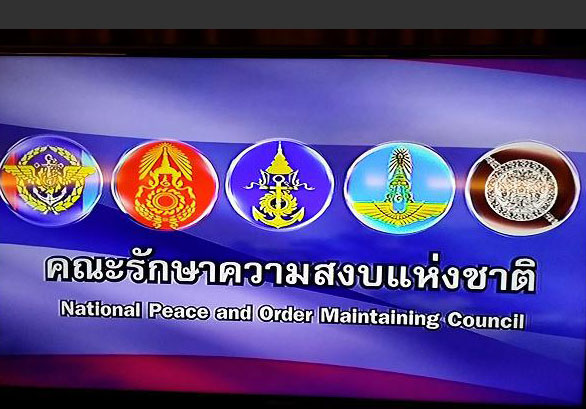
Apr 5, 2016 | News
Thailand must immediately revoke National Council for Peace and Order (NCPO) Order 13/2016 which confers sweeping powers on the Royal Thai Armed Forces in contravention of human rights and the rule of law, said today the ICJ and other human rights groups.
On 29 March 2016, pursuant to Article 44 of the Interim Constitution, General Prayuth Chan-o-cha, Head of the NCPO, issued Order 13/2016 which provides appointed “Prevention and Suppression Officers” and their assistants, drawn from the commissioned ranks of the Armed Forces, including the paramilitary Ranger Volunteers, with wide-ranging powers to prevent and suppress 27 categories of crimes including against public peace, liberty and reputation, immigration, human trafficking, narcotics, and weapons.
“The implementation of Order 13/2016 will almost certainly lead to violations of Thailand’s international human rights obligations and the rule of law and must be revoked immediately,” said Wilder Tayler, ICJ’s Secretary General.
“We have observed a steady erosion of human rights protections in Thailand since the military coup of 22 May 2014 and this Order signifies another, jarring, movement in the same direction,” he added.
The Order raises numerous human rights concerns say the ICJ, Human Rights Watch (HRW), Amnesty International (AI), Asian Forum for Human Rights and Development (FORUM-ASIA), FIDH (International Federation for Human Rights), and Fortify Rights (FR). These concerns include:
1. Grants a form of immunity from prosecution to those acting under the Order, leading to impunity contrary to the principle of accountability required by the rule of law.
“Instead of paving the way for a return to democratic rule, the Thai junta has broadened its powers to do almost anything it wants, including committing abuses with total impunity,” said Brad Adams, Asia Director at Human Rights Watch. “Repression becomes a daily reality as Thailand descends further into military dictatorship.”
2. Actions taken under the Order are not subject to judicial review, contrary to the rights to effective remedy, to judicial control of deprivation of liberty, and to a fair trial, as for instance recognized under Articles 2, 9 and 14 of the International Covenant on Civil and Political Rights (ICCPR).
“The Order is yet another example of the pernicious removal of powers from the judicial system to review the military’s actions, to the detriment of rights protection and the rule of law,” said Champa Patel, Interim Director, South East Asia and Pacific Regional Office, Amnesty International.
3. Provides untrained military officials with broadly and ambiguously worded powers of law enforcement likely to lead to abuse, inconsistent with human rights standards including the UN Code of Conduct for Law Enforcement Officials and the UN Basic Principles on the Use of Force and Firearms by Law Enforcement Officials.
“The Order provides law enforcement powers to military officials who do not have law enforcement experience or protocols to summon, search, and arrest persons,” said Evelyn Balais-Serrano, the Executive Director of FORUM-ASIA.
“This makes the absence of judicial oversight all the more concerning. The fact that this may lead to an abuse of power and the disproportionate use of force by military officials in violation of international laws and standards including the UN Code of Conduct for Law Enforcement Officials and the UN Basic Principles on the Use of Force and Firearms by Law Enforcement Officials is very worrying. There is a real risk the Order may be used to restrict the legitimate rights of people such as the rights to freedom of expression, assembly and association,” she added.
4. Authorizes the deprivation of liberty of persons for up to seven days in unrecognized places of detention, without judicial oversight, which increases the risk of further human rights abuses, including torture and enforced disappearance.
“Despite its pretense to suppress criminal activities, this Order is likely to result in the commission of very serious crimes that are prohibited under human rights instruments that Thailand has either signed or ratified,” said FIDH President Karim Lahidji.
5. In practice, the Order is open to abuse to repress and silence those perceived as dissenters, including human rights defenders, in violation of international human rights law and standards.
“This Order stands to fuel the fire of retaliation against human rights defenders in Thailand,” said Amy Smith, Executive Director of Fortify Rights. “Thailand has an obligation to protect human rights defenders, but this Order could easily be used to target and obstruct their legitimate work.”
Contact
Wilder Tayler, ICJ’s Secretary General, t: +41 (0) 229793800 ; e: wilder.tayler(a)icj.org
Thailand-NCPO Order-News-Press releases-2016-THA (full text, in PDF, Thai version)
Thailand-NCPO Order unof trsl-Advocacy-2016-ENG (unofficial translation of the Order, PDF)
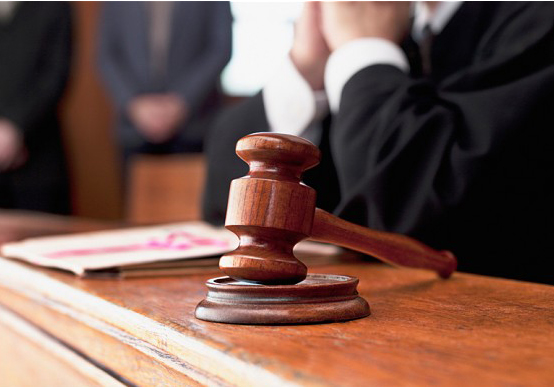
Mar 21, 2016 | News
Thailand’s National Council for Peace and Order (NCPO) must end its interference in the elections of the president and committee members of the Lawyers Council of Thailand (LCT), the ICJ and Thai Lawyers for Human Rights (TLHR), said today.
The LCT in turn must ensure the elections are conducted in a fair and impartial manner.
“International standards explicitly prohibit external interference in the elections of the executive body of a lawyers’ professional association by its members, and the association’s leadership must ensure that such elections are conducted in a fair and impartial manner” said Matt Pollard, the Head of the ICJ’s Centre for the Independence of Judges and Lawyers. “Ensuring the independence and democratic representation of the legal profession is essential to safeguarding human rights and the rule of law, especially in the current circumstances of military rule in Thailand.”
On 29 February 2016, Mr Wichien Choobtaisong, a representative of the electoral group of the current LCT President, Mr. Dej-udom Krairit, wrote to the NCPO “seeking permission” to hold meetings and campaigns for the LCT’s regularly-scheduled elections, referring to the NCPO’s ban on political gatherings of more than five persons.
On 16 March 2016, the NCPO replied, stating that the elections “contradict” the ban on political gatherings, which “must apply equally to all groups and sectors in the interest of maintaining national security during the transition period,” and taking the position that that the elections must accordingly be postponed with the current committee continuing its term until elections are held. The NCPO’s reply also notes it received a letter from the LCT on 14 December 2015, which the ICJ and TLHR have not seen.
In its letter, the NCPO referred to NCPO Announcement 7/2014, which bans the political gathering of more than five persons (Announcement 7/2014 was later replaced by Order 3/2015). The ICJ reiterates that these arbitrary and unjustified orders and announcements should be repealed, and calls on the NCPO, in any event, to immediately withdraw its letter of 16 March, replacing it with written confirmation that the LCT elections will be able to proceed as scheduled, without external interference.
The LCT must then put in place procedures to ensure the elections proceed as scheduled and in a fair and impartial manner.
“Since the military took power, we have seen a marked increase in the number of individuals requiring legal aid for sensitive and political cases,” said Yaowalak Anuphan, the Head of TLHR and member of the LCT. “In this environment, it is even more essential that the Lawyers Council of Thailand is able to exercise its functions without external interference and that everyone has effective and equal access to the legal services of lawyers.”
Contacts
In Bangkok: Kingsley Abbott, International Legal Adviser for Southeast Asia, t +66 94 470 1345 ; e: kingsley.abbott(a)icj.org
In Geneva: Matt Pollard, ICJ Senior Legal Adviser, t: +41 22 979 38 12 ; e: matt.pollard(a)icj.org
Background
The Lawyers Council of Thailand was established in 1957. Its mandate and responsibilities are set out in the Lawyers Council Act 1985.
The objectives of the Council include maintaining the ethics of lawyers, promoting legal education and providing legal assistance.
It also registers lawyers and issues them with licenses to practice law in Thailand. Members of the Council elect the president and committee members every three years.
Article 24 of the Basic Principles on the Role of Lawyers, adopted by the UN in 1990, sets out that: “Lawyers shall be entitled to form and join self-governing professional associations to represent their interests, promote their continuing education and training and protect their professional integrity.
The executive body of the professional associations shall be elected by its members and shall exercise its functions without external interference.”
Among other things, the UN Basic Principles also affirm that ensuring all persons have effective access to legal services provided by an independent legal profession is essential for adequate protection of human rights and fundamental freedoms.
They note the vital role of professional associations of lawyers including in protecting their members from persecution and improper restrictions and infringements. The Basic Principles specify that governments should respect and reflect the provisions of the Basic Principles in their national legislation and practice.
The UN Human Rights Committee has applied the Basic Principles as a necessary component of the right to a fair trial guaranteed in Article 14 of the International Covenant on Civil and Political Rights (ICCPR), to which Thailand is a State Party.
The UN Committee will review Thailand’s compliance with the ICCPR at an upcoming meeting.
Thailand-ICJ and TLHR statment on LCT-News-press releasess-2016-THA (full text in Thai, PDF)
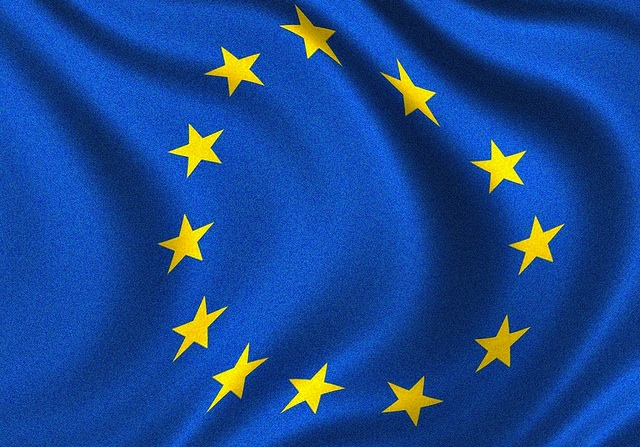
Mar 1, 2016 | Advocacy, News, Non-legal submissions
The ICJ joined today other prominent human rights organizations in urging the European Union and its Member States to respect and protect human rights and the rule of law in countering terrorism.
In their joint statement, the thirteen human rights organizations stressed the implications of Eu counter-terrorism laws and policies for human rights and the rule of law with regard to the right to be free from torture and cruel, inhuman or degrading treatment or punishment, the principle of non-refoulement, the right to liberty and security of the person, the right to a fair trial, the principle of legality, the principle of non-discrimination, the rights to freedom of expression and peaceful assembly, the right to privacy, the rights of asylum-seekers and migrants, the freedoms of movement, of religion or belief and other dimensions.
The human rights organizations that signed up to this statement are, apart from the International Commission of Jurists, the European Network Against Racism (ENAR), Amnesty International, the International Federation of Human Rights (FIDH), the Open Society European Policy Institute, the World Organisation Against Torture (OMCT), Fair Trials, European Digital Rights (EDRi), the Forum of European Muslim Youth and Student Organisations (FEMYSO), the International Federation of Action by Christians for the Abolition of Torture (FIACAT), the International Rehabilitation Council for Torture Victims (IRCT), the Association for the Prevention of Torture (APT), and the European Association for the Defense of Human Rights (AEDH).
EU-counter-terrorism&humanrights-jointstatement-2016-ENG (download the joint statement)






